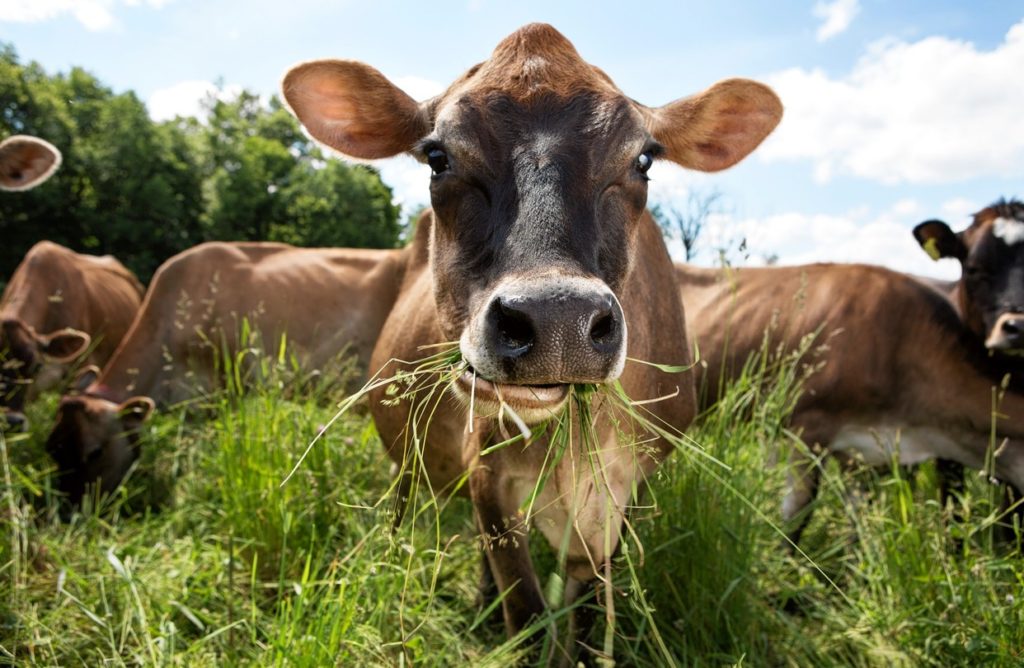A new Harvard study finds that shifting to all grass-fed beef production in the U.S. would require 30% more cattle just to keep pace with present production. It would also increase beef’s methane emissions by 43% and would require more pastureland than we have. The researchers conclude the only way to guarantee lower environmental impacts is by reducing beef consumption overall.
Why We Need Plant-Based Approaches to Global Hunger
The holiday season is officially upon us, and groups like Heifer International and OxFam are ramping up their “animal gifting” donation campaigns with a deluge of catalogs and emails encouraging people to “gift” farmed animals to food insecure families in developing countries. But animal agriculture is a leading contributor to climate change and food insecurity. Here’s why efforts to reduce global hunger should focus on sustainable plant-based approaches wherever possible.
7 Ways Plants Are Fighting Global Hunger
Animal agriculture is a major driver of climate change and food insecurity. Efforts to reduce hunger should focus on sustainable plant-based approaches wherever possible. Here’s why and how.




